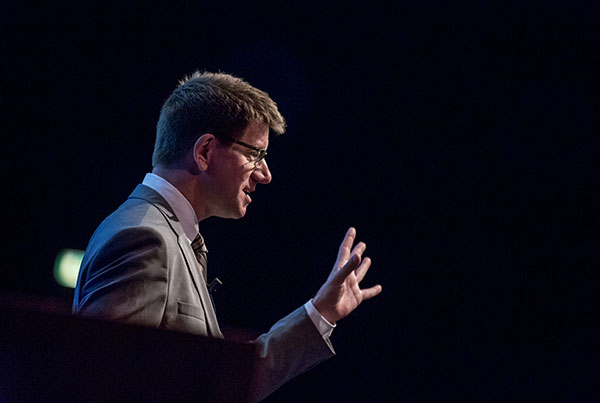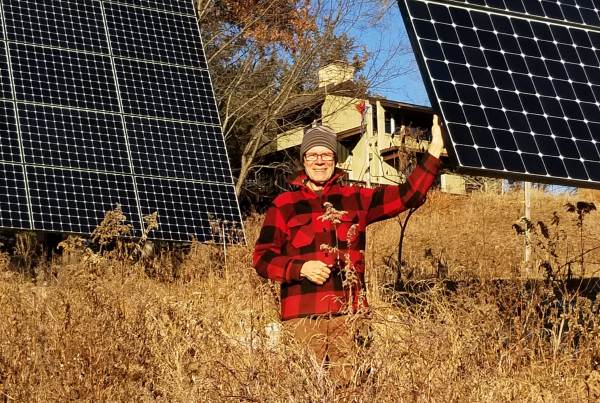Founders

Founder
How can we exploit rapidly advancing computing power to create a faster, more sustainable transition to clean energy and mobility? For more than a decade, this question has consumed my attention. I am Chaired Professor of Information Systems for a Sustainable Society at the University of Cologne and serve as Coordinator of the Key Research Initiative Sustainable Smart Energy and Mobility. At the Rotterdam School of Management, Erasmus University, I am Professor of Next Generation Information Systems, Director of the Erasmus Centre for Future Energy Business and Academic Director of the Erasmus Centre for Data Analytics. I am also an Energy Policy Adviser to the German government and a member of the World Economic Forum Global Future Council.
More importantly, I am a dad. I am trying to 'walk the talk' in my personal life – creating a home and transportation lifestyle for my whole family that is as efficient as possible, using smart EV charging and smart tech. But we are also taking some old-fashioned low-tech routes to sustainability: flying less, buying less and repurposing.
Climate change presents an unprecedented global economic and environmental challenge. Nothing short of a revolution in how we produce, distribute and consume energy is vital to prevent catastrophe. Three coordinated, global changes offer us hope:
- an electricity market shift toward demand response,
- a radical increase in renewable energy production and
- the widespread introduction of autonomous information management of electricity systems.
I believe we can prevent catastrophe. I also believe we can provide future generations with a better quality of life than we now have. Are you a scientist, researcher or academic interested in collaboration? Contact me via twitter or linkedin.

Founder
The climate crisis is urgent and the route to radically lower carbon emissions must include a fast transition to renewable energy. But maintaining reliable electricity service during that transition is complex and fraught with unforeseen challenge. My contribution is to understand those challenges from three critical perspectives: that of the electricity consumer, the electricity provider, and the scientific perspective.
I am a Director on the St. Croix Electric Cooperative Board, an electricity distribution system operator in the State of Wisconsin. I am also a retired Lecturer of Software Engineering and Artificial Intelligence at the University of Minnesota.
For decades, I worked in industry, doing everything from product development to corporate research at companies like 3M and my own consulting business. I designed embedded systems and tackled scheduling and resource allocation problems using simulation and optimization. I am, at heart, a problem-solving engineer. I like testing solutions with simulations. So much so that my research focused primarily on building rational agents operating autonomously in competitive economic environments. Slowly but surely, the application of autonomous agents in ’smart' markets evolved toward the ultimate optimal resource allocation for the current and future market – the smart and sustainable market. When we applied this intelligence to retail electricity trading, Power TAC was the result.
My wife, Anne, and I have been trying to live more sustainably for years. We drive an EV. We have a ground-source heat pump for heating and cooling, using much less energy than our high-efficiency gas furnace, even if you count the inefficiency of power plants and transmission infrastructure. We also have a modern wood-burning stove in my office, and some of the 'heat' comes from making the firewood, since I have to chop and haul all the wood uphill. We have switched over to LED lighting. We have 10 kW of solar panels installed, producing over 90% of our total annual electricity use including heating and driving. We grow quite a bit of our own food. So are we really doing a good job of reducing our carbon footprint? Apart from managing the Power TAC tournament and platform, I often address questions about the value of energy efficiency tech on Quora. Come join the conversation.
powertac.energy@gmail.com
